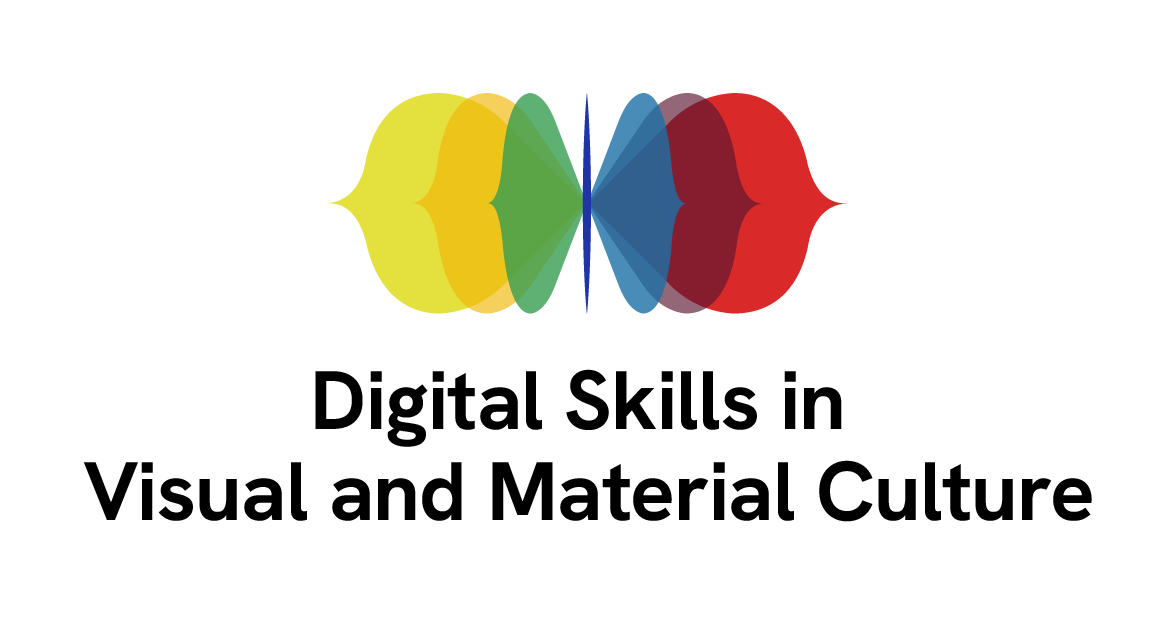Summary and Schedule
This resource aims to introduce the main aspects of data ethics in the cultural heritage domain. It also examines how data management can be supported to become more ethical, while also addressing topical discourse about data ethics in the sector. The resource also aims to support in critically reflecting on some case studies with evident digital data ethics considerations.
By the end of this session you are expected to be able to:
- Identify and provide examples of some ethical considerations that arise in the context of research.
- Examine information documenting actual visual digital data in repositories and contrast it with ethical considerations.
- Critically assess ethical implications arising from cases in the digital heritage domain, suggesting how this could affect the discourse around ethics.
| Setup Instructions | Download files required for the lesson | |
| Duration: 00h 00m | 1. Context | This section provides contextual information about the involvement of ethics in Cultural Heritage processes. |
| Duration: 00h 10m | 2. Definition and Considerations | In this section the main considerations which guide the ethical collection, storage, use, and sharing of data are defined. |
| Duration: 00h 30m | 3. FAIR and CARE Principles | Here we present the FAIR and CARE principles which can guide data creators, stakeholders, and publishers in effectively managing ethical data. |
| Duration: 00h 40m | 4. Discourse on Data Ethics | This section examines the discourse around ethics in cultural heritage digital data emphasising repatriation, human remains, environmental sustainability and participatory approaches. |
| Duration: 01h 00m | 5. Resources and Further Reading | |
| Duration: 01h 00m | Finish |
The actual schedule may vary slightly depending on the topics and exercises chosen by the instructor.
This resource is built with The Carpentries Workbench, as part of the training activities of the AHRC-funded network service on Digital Skills in Visual and Material Culture.

